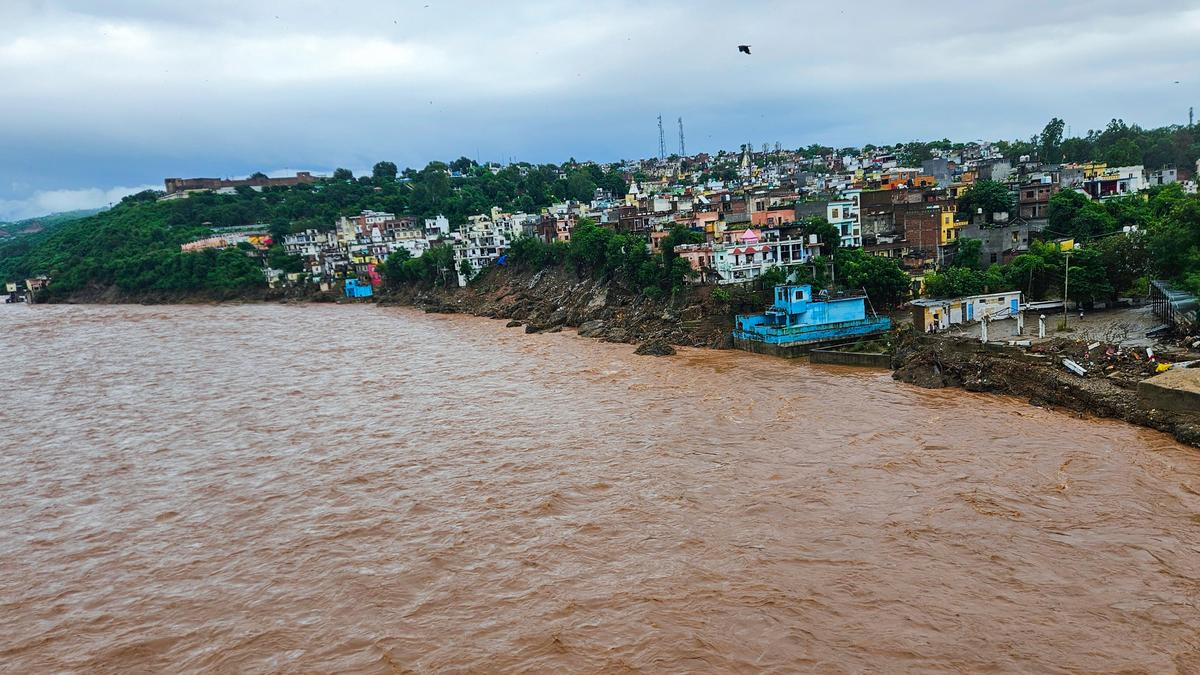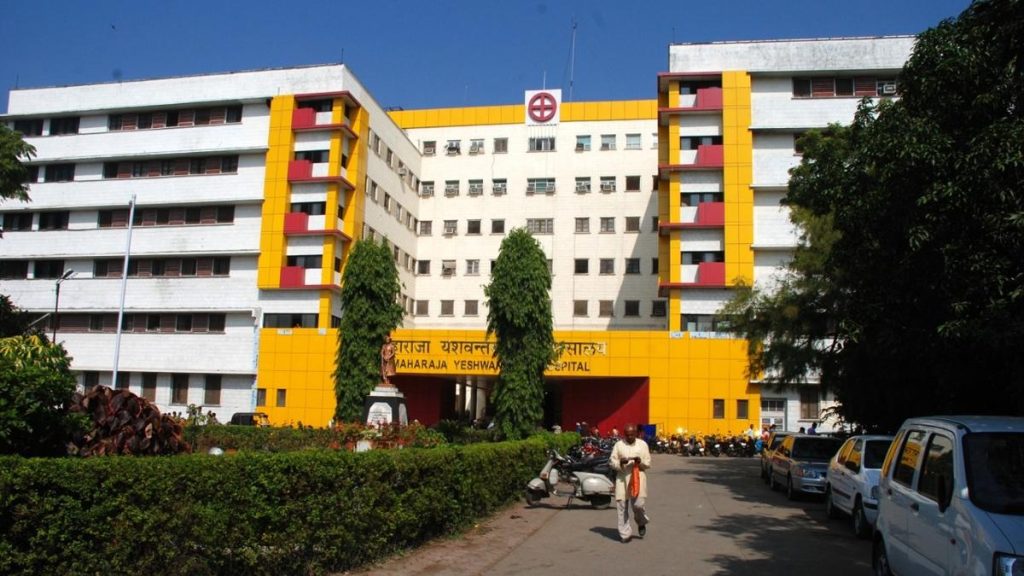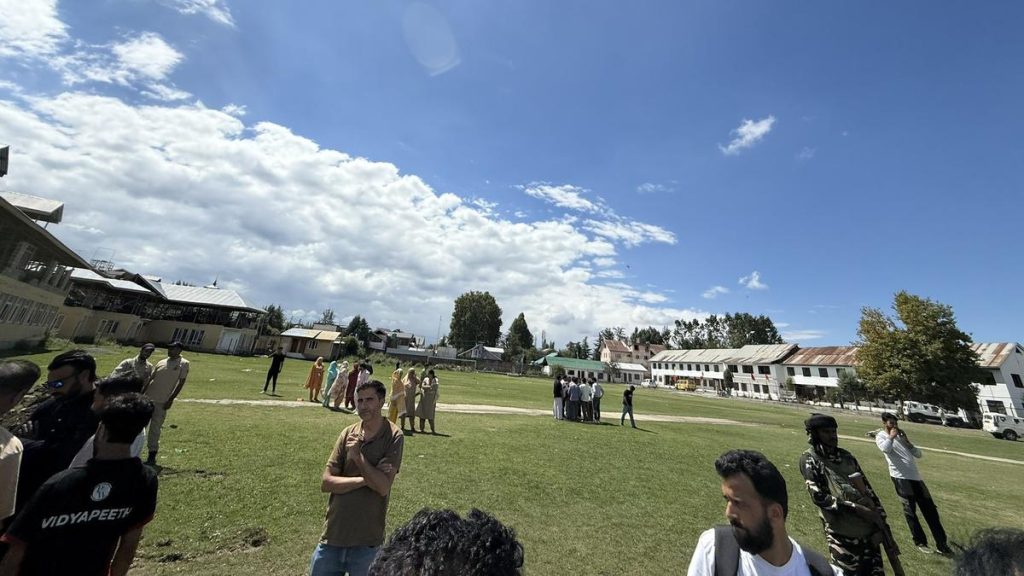Now Reading: Fresh Rains Swell Jammu Rivers, Disrupt Inter-District Roads
-
01
Fresh Rains Swell Jammu Rivers, Disrupt Inter-District Roads
Fresh Rains Swell Jammu Rivers, Disrupt Inter-District Roads

Speedy Summary
- Heavy rains continue in the Jammu division on September 2, 2025, causing rivers like Tawi and Basanter to rise above danger levels.
- Schools in Jammu will remain closed on September 3 due to risks of flash floods, landslides, and cloudbursts.
- Inter-district roads have been closed in areas such as Poonch, Reasi, Ramban, and Doda due to landslips; damage reported to roads, houses, crops, and public infrastructure.
- The Army set up a Bailey bridge over the Jangalwar stream for connectivity between Doda and Kishtwar; NH-244 was severely impacted near Thatri.
- Srinagar-jammu National highway remains shut due to weather advisories and landslides. Over 500 trucks carrying apple produce are stranded as an alternate Mughal road is used for essential supplies into Kashmir valley.
- PDP leader Mehbooba Mufti urged Union Railway Minister Ashwini Vaishnaw for a dedicated train service between Kashmir and Delhi amid disruptions affecting fruit growers.
- BJP’s Sunil Sharma announced ₹28 crore contributions from MLAs’ Constituency Development Funds (₹1 crore each) for flood victims’ relief efforts in Jammu division.
- Meteorological department forecasts continued heavy rain over the next 24 hours across several districts of the region.
Indian opinion Analysis
The ongoing heavy rainfall-induced disruptions highlight some stark challenges faced by infrastructure resilience in Jammu & Kashmir during extreme weather conditions like floods or landslips. The blockage of key routes such as the Srinagar-Jammu National Highway underscores vulnerabilities that frequently impact agricultural trade -especially critical sectors like fruit production- while also stalling public mobility within affected regions.The collaborative intervention by goverment personnel on high alert alongside initiatives from defense forces such as bailey bridges exemplifies emergency response efficacy amidst natural disasters but also point toward recurring dependence on stopgap measures during crises.
Flood donations pledged by political leaders represent an immediate relief measure targeting impacted families; however long-term considerations may also necessitate climate-adaptive strategies at regional planning levels concerning disaster mitigation annualized monsoon preparedness firmly institutionally embedding provision(s). Read more via India Rain Updates.

























